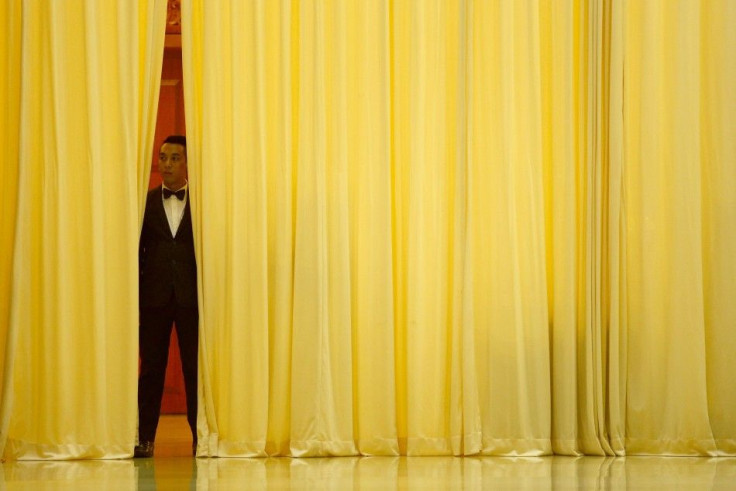Malaysia Denies Entry to Kiwi Mine Activist: Deprived Of Food and Water At Airport

Malaysia refused entry to an anti-mining activist of New Zealand origin and sent her back on a flight to Bali. The activist was arrested in June for joining a protest against a rare earths processing plant run by an Australian mining firm named, Lynas Corp.
According to rights groups, Natalie Lowrey arrived from Bali to observe the court hearing scheduled for Tuesday in which 15 Malaysians arrested with her were to be on trial, reported The Guardian.
The protesters have been charged with illegal assembly and rioting that can result to a jail term up to two years. Though Lowery was held by police for almost a week, she escaped criminal charges.
As soon as Lowrey landed at the Kuala Lumpur International Airport, she was told that she cannot enter Malaysia on the grounds of blacklisting by police. She was detained at the airport for 15 hours before put on a flight to Bali on Monday morning.
The rights group, Voice of the Malaysian People, and anti-Lynas activist Hijau condemned Lowrey's deportation and criticised the immigration authorities for denying her even water for 13 hours.
Lowery Ordeal
Lowrey told Guardian Australia that the immigration officers informed her that the Malaysian police - not immigration - that blacklisted her from Malaysia.
Lowrey alleged that the officials did not even allow her lawyer to meet her, and she was kept overnight near the transfer counter. Food and water were denied and she slept on the cold floor until early morning before being handed to Air Asia for her flight back to Bali.
Radioactive
Environmental activists have been agitating against the rare earth plant in Pahang, alleging that the company is producing radioactive waste. The environmental groups have staged a series of protests against the plant. But Lynas claims it is safe and the radioactive waste is of low-level and safely disposed.
Rare Earths are used in many hi-tech applications such as the production of smartphones, wind turbines, and low-energy bulbs. The Australian miner is giving the Chinese companies a tough competition. Lynas started processing in Kuantan in 2012 after a delayed start of more than a year because of local resistance.





















